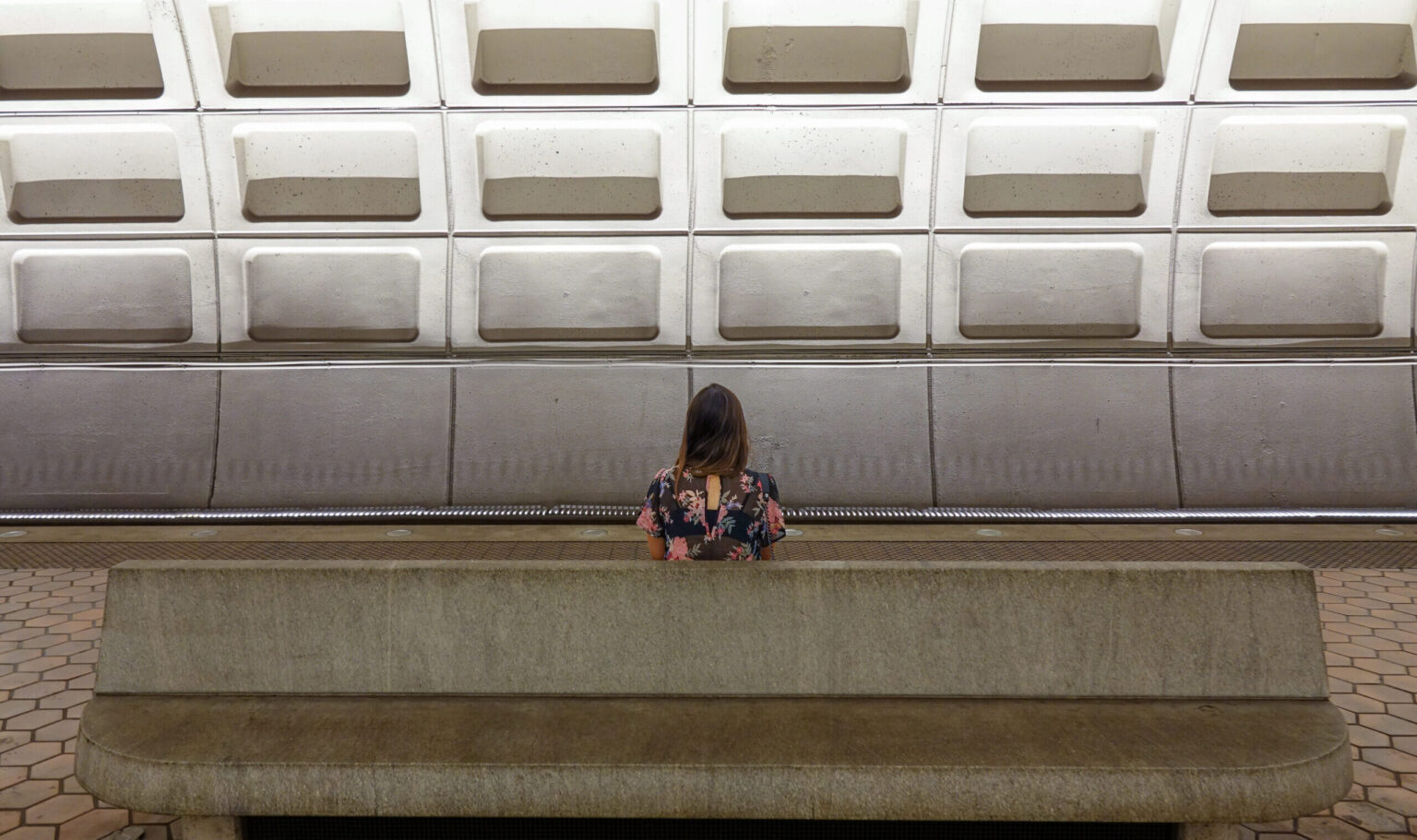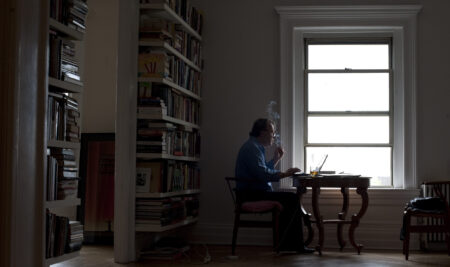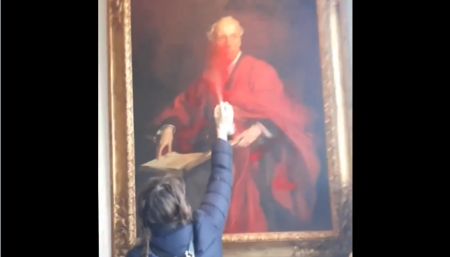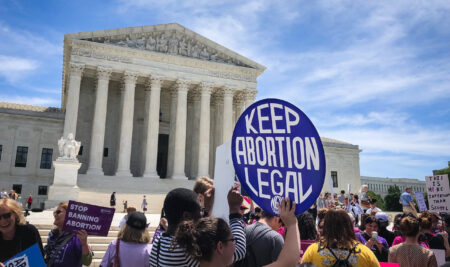Last week, a 16-year-old boy shot a 14-year-old boy in the head on the Brookland Metro platform, just a few blocks away from where I work. It was about 4:00 p.m. and the station was crowded with kids who had just got out of school. I have been down there many times at that hour, and I can imagine the scene: teenagers jostling, fighting, annoying the other commuters, until things get out of hand and pop pop—someone’s dead.
These things don’t happen too often, but when they do, everyone starts looking for explanations beyond blind chance. It was widely circulated in the hours afterward that the shooter was also a fare hopper. The fact came as no surprise. Fare evasion is a huge problem on the D.C. Metro, especially among the younger set, who, more than older people, generally don’t see it as a very serious offense. But it is a serious offense, fare-hopper hawks respond. An incident such as this most recent shooting proves it: commit small crimes, like jumping a turnstile, and pretty soon you could be committing big ones, like clocking a kid in the head. Little distortions of public order blot and blacken the canvas until it resembles a monstrous work of abstract expressionism.
But I have to wonder if fare hopping always and inevitably leads to worse things. In the case of the shooter, I think the fact that he didn’t pay for the Metro was incidental to his other problems. At any rate, the question has some personal significance for me. Until rather recently, I never paid for public transportation in D.C. or in any other city when I could help it. Of course I do now—these responsibilities seem to accompany marriage and fatherhood—but if I did not, would I really be so dissipated? Or, on the other hand, would I be too warped even to know? After the shooting, I wondered aloud with my sister, who lives near the Brookland Metro station, and revisited my fare-hopping days.
I don’t know when I stopped paying for the Metro. High school, I guess. My rationale at first was that I had no money, and in those days it was easy to get on the train without paying for it. You didn’t even have to jump the turnstile. All you had to do was wait until someone else paid, and then you could walk very quickly behind him before the automatic gates closed. (Or, if your legs were skinny enough, you could squeeze between the gap in the two doors without setting off the alarm.) It was not hard to get away with this trick in the suburban Virginia stations. There, most everyone paid for the Metro, leaving no shortage of people to tail.
When I had my first job, I maintained my excuse. Now I had rent, utilities, and a whole host of other adult expenses to pay for—why should I add the Metro, which I had never paid for anyway? Still, I had a conscience. I understood that it was one thing to dodge fares as some puke kid in high school; it was quite another to do the same thing as a white-collar professional in Rosslyn, Virginia. And so I developed a strange habit of pretending to pay for the Metro: Whenever I walked quickly behind another commuter, I swiped my old Library of Congress reader’s card to give the impression to anyone who might be watching that I too was a paying customer.
Sometimes I consoled myself that one day I would pay for the Metro. But later, always later. After all, I said to myself, what’s the harm in a little vice now and then? Some people swipe sugar cubes at diners; I steal swipes at the train station. I called it a private amusement. Soon, I began to approach all sorts of little things with this kind of Huck Finn logic. I found myself nicking coffee cups, beer glasses, and bread plates from restaurants. I took old street signs, defunct newsstands, unused office furniture. Of course, I never took anything of much value. That would be real theft, or so I told myself.
I could go on in this vein for many more paragraphs, analyzing my motivations and self-justifications in Nicholson Baker–like detail. But I fear that would be tedious, since the outline of this story is already familiar to most people. What had begun as a series of arbitrary adolescent decisions hardened into habit, and habit, as they say, becomes character. I don’t know how corrupt I became—I certainly never evaded taxes or anything of that nature—but when I look back on those years, I detect something flippant, an offhand lack of respect for other people, the law, my home city. I don’t like it. I suppose it could have developed into something more ugly, but it would be almost as bad if I lived the rest of my life in the manner I’ve just described.
The real tragedy of little criminals is that they remain just that: tiny, grubby.
What eventually shook me from this pattern of behavior was no decision that I made on my own, but rather a piece of stunt journalism done by the print editor of this magazine. (Let it never be said that The American Conservative doesn’t get results.) It wasn’t the logic of the thing that convinced me—logic never does—but the tone. For the first time, I saw that there were perhaps thousands of other people in Washington, D.C. who thought the same way that I did, making lame personal exemptions. They sounded so selfish, so much like myself.
No wonder the Metro is such a mess. A functioning system can handle a few rulebreakers, but when everyone is making excuses for themselves, standards everywhere fall.
That said, I don’t think cracking down on fare evasion is going to fix the Metro. I don’t know what will. The system has complex, fundamental problems that have less to do with people not paying for it and more to do with the fact that people don’t ride it at all. And I admit that I fit into both categories. For years I helped degrade the Metro, and then, like seemingly everyone else, I ditched it. The few times that I ride it nowadays, I do pay for it. It’s the least—maybe the only thing—I can do.
Read the full article here














